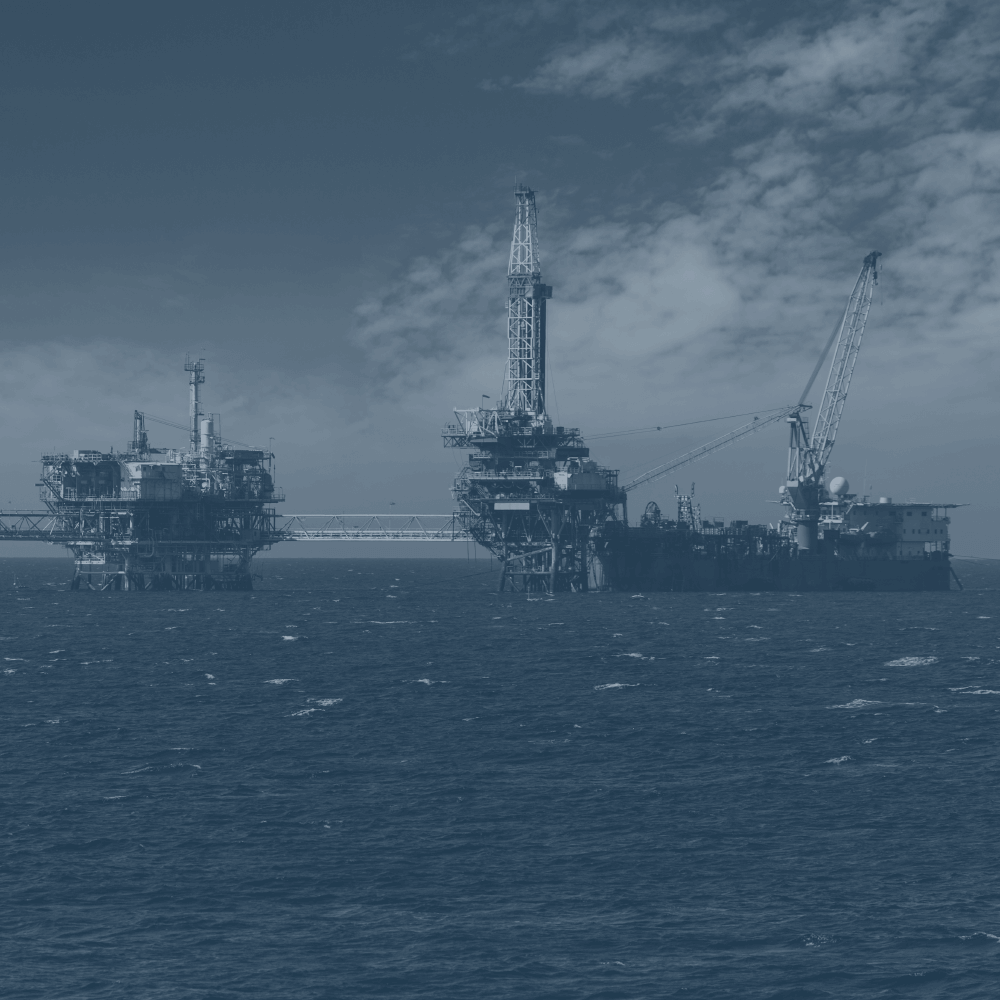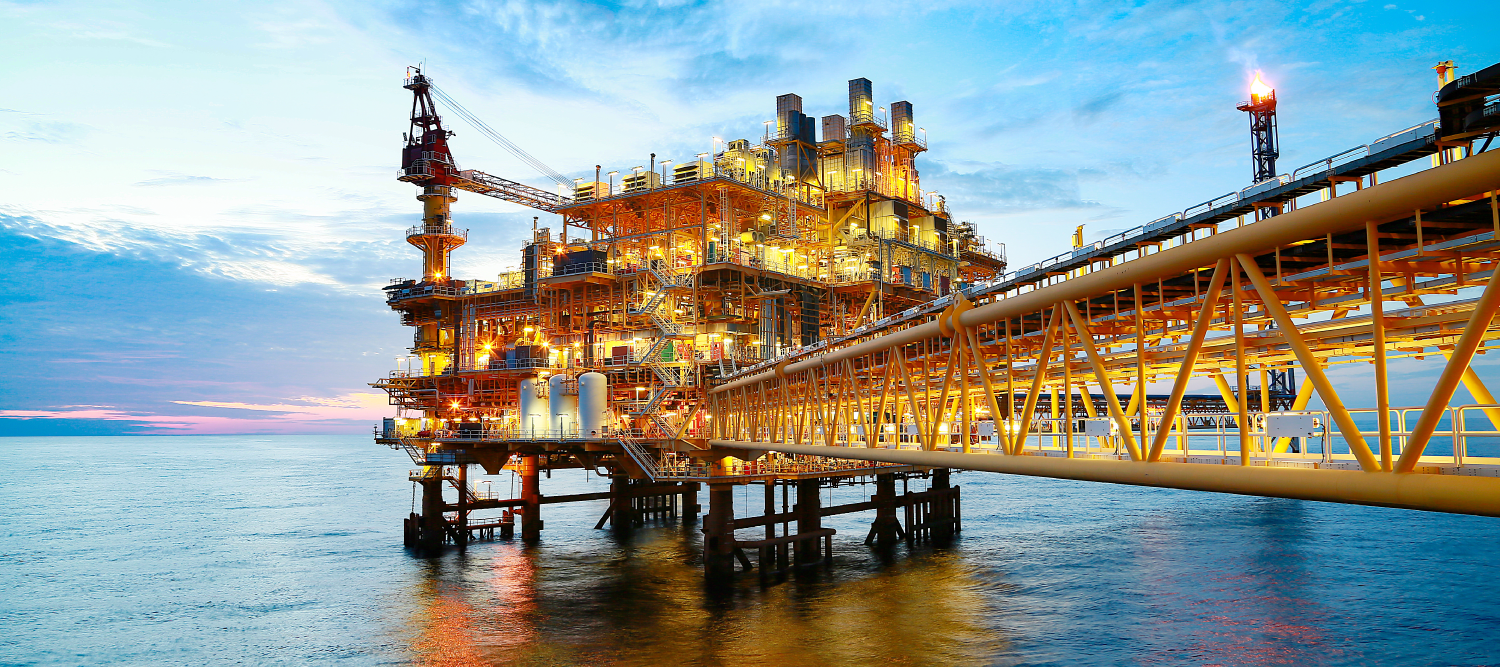
OEUK Certification
Any worker in the Offshore environment must hold a document attesting to the OEUK (Offshore Energy UK) fitness standard.
Ambimed physicians are qualified to issue this certification.
They will follow your employees in the visits and examinations necessary to issue and/or renew the relevant documentation.

FITNESS ENHANCES WORKER SAFETY
What it is and what it is for
The acronym OEUK stands for Offshore Energy UK, the main trade association for the UK Offshore oil and gas industry. Formerly known as Oil and Gas UK hence the abbreviation OGUK used before. The association established the guidelines for the certificate of the same name, which is required to work on Offshore facilities in British and Norwegian waters, but has quickly become a global standard of safety and quality.
The OEUK certificate is a required documentation for any worker who wants to work in the Offshore environment; the translation of the term is "away from the coast" and refers to all vessels operating offshore and near deep water for oil exploration involving drilling, production and construction work on the high seas.
Offshore Energy UK sets a fitness standard that must be met by everyone working in the industry. Safety is a top priority for this occupational field characterized by special conditions, and it is essential that every employee be fit for the specific task. Every worker serving on an Offshore unit (drillship, floating rig, semi-submersible, permanent platform) must undergo a specific medical examination.
The completion and subsequent fitness of the OEUK certificate is prepared by a licensed physician and approved by the United Kingdom Offshore Operators Association (UKOOA). The issuance of the certificate is the responsibility of the physician who has acquired expertise on the offshore environment and remote medicine and has undergone specific training. Issuance is subject to pre-employment and periodic checks on a regular basis.
The medical examination for fitness for work includes evaluation of: blood pressure, weight, height, body mass index (BMI), cardiovascular and pulmonary evaluation with focus on skin, gastrointestinal system, musculoskeletal system and neurological functions. In addition, other specific examinations must be performed: color vision testing, audiometry, spirometry and blood chemistry tests.
According to OEUK requirements, a stress ECG may be required for workers with a BMI greater than 30 as an additional part of the examination, depending on other identified comorbidities. Second-degree obesity is a major cause of unsuitability in the Offshore environment.
In addition, maritime and technical personnel on offshore platforms, floating pontoons, engaged in Offshore activities, and pipelaying vessels are required to take drug tests, according to the October 30, 2007 Measure, and checks on 'alcohol or hard liquor intake, according to the March 16, 2006 Measure.
The duration of certification is two years, except for selected cases due to constituent diseases, compulsoriness resulting from serious illness, occupational accident, emergency medical evacuation from an offshore area, or at the discretion of the certifying physician.
The worker may request two additional certifications:
OEUK Fitness To Train Medical - FTTA required fitness for survival courses for water drills with emergency air breathing apparatus.
OEUK Emergency Response Team Duties - ERT.
Higher level certification, exclusive to the team handling emergencies for the purpose of firefighting, assistance with controlled platform evacuation, search and rescue of victims.
Each Offshore worker must be properly trained in the performance of his or her job with special attention to his or her duties and the safety precautions to be put in place. Adding to the specific occupational hazards is thelimited access to medical care while working away from the coast; therefore, proper framing of the worker's basic condition and periodic examinations by the certifying physician are essential.
Would you like to receive more information? Request a contact.
Our Travel Medicine Services
Thanks to the experience gained in the Travel Medicine sector, Ambimed has applied the issues of prevention and medical safety while traveling within the scope of the obligations set forth in Model 231, Legislative Decree 81/08 and ISO 31030 directives by structuring a proposal of services to protect the health of employees before, during and after the work trip and/or period of stay abroad. With the correct prevention and adequate preparation, transfer staff are able to safely face business travel.

